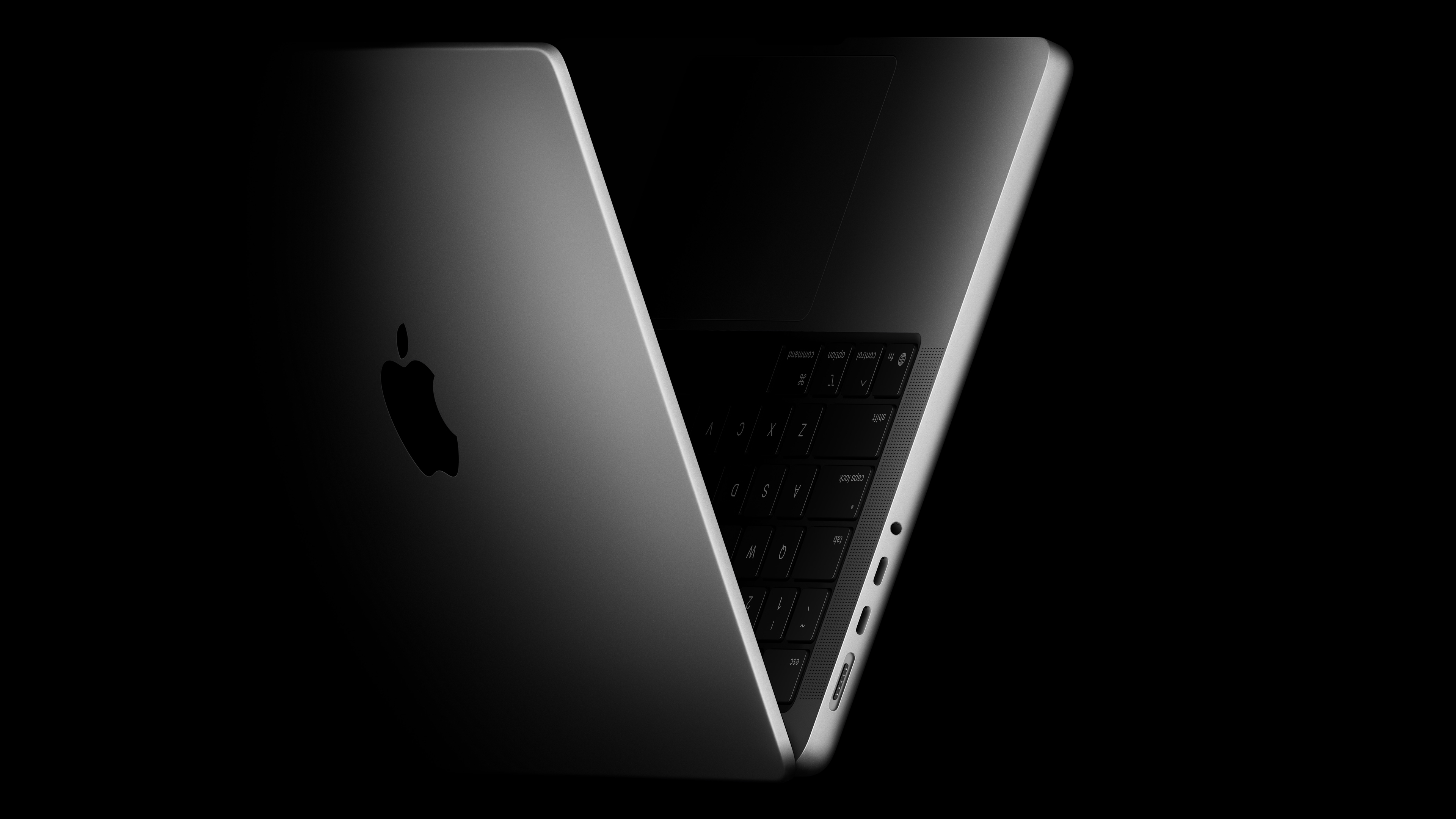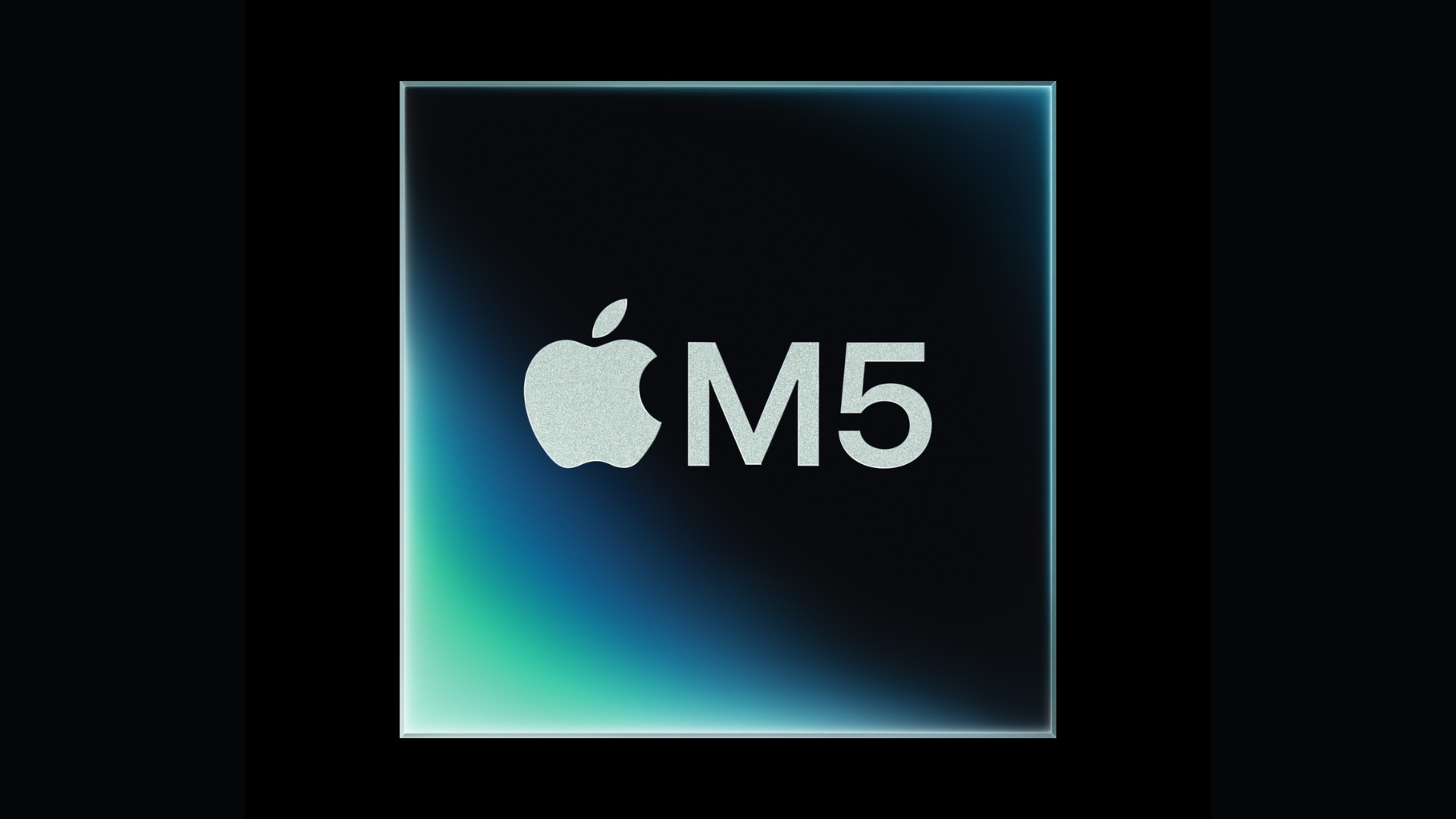Apple unveiled the latest addition to its family of homegrown chips — the M5 — a couple of days ago, and it's powering both the new iPad Pro and the 14-inch MacBook Pro. New Geekbench listings spotted by Tech Info reveal that the performance in single-core scores is enough to rival Intel's Ultra 9 285K and breeze past AMD's 9950X3D. As is to be expected, it struggles in multi-core against those models, but the results show the potential of Apple's latest silicon and the surely-inevitable Pro and Max variants of this new chip.
iPad Pro M5 (10c Version) vs Macbook Pro M5iPad Pro M5 is clocked at 4.43GHzMacBook Pro M5 is clocked at 4.61GHz P Core Clock speedsiPad Pro: 4.1K ST & 16.3K MTMacBook Pro: 4.2K ST & 17.8K MTWaiting to have a look at the Power Consumption Graph..... pic.twitter.com/UQT2HpPhmuOctober 17, 2025
The M5 iPad Pro scores 4,138 points in the single-core test, outperforming the M5 MacBook Pro, which scores 4,263 points. That's not too bad, but the real jump is observed in multi-core results, where the M5 MacBook Pro scores 17,862 points versus the iPad's 16,366 — constituting a 9% difference in performance. That's with the same 10-core base configuration on either device, but the MacBook does have active cooling and a much thicker chassis that can prevent thermal throttling and allow the chip to boost higher, sustaining that for longer periods of time.

More importantly, though, these numbers are enough to beat the recently-launched Snapdragon X2 Elite Extreme, which scored around 4,080 points in the single-core Geekbench test, meaning the M5 in even the iPad is faster — and that's using official Qualcomm numbers. Moreover, compared to the M4, the new M5 is almost 10% ahead in single-core performance, and around 15% faster in multi-core performance versus the newest M4 MacBook Pro listing on Geekbench.
Compared to PC chips, the M5 is only behind a few single-core listings on Geekbench, if we count the best results, which makes sense considering how there's literally only one M5 MacBook Pro score right now, so it's quite cherry-picked. This also serves as your disclaimer for taking all these numbers with a grain of salt, since the sample size is simply too low at the moment to jump to any conclusions.
Intel's Core i9-14900KS scores 4,457 points in the single-core test, making it 4.6% faster. The current-gen Core Ultra 9 285K isn't far off at 4,306 points, rendering the M5 only about 1% slower. AMD's fastest chip on Geekbench is actually the midrange Ryzen 5 7600 with 4,226 points, but that test is deemed invalid; therefore, both the 9950X and the 9800X3D take the top spot, with 3,616 (and 3,615) points — which the M5 comfortably bests.
Swipe to scroll horizontally
CPU Name | Single-Core Score | Multi-Core Score | % Difference vs. M5 (single) | % Difference vs. M5 (multi) |
Apple M5 | 4,263 | 17,862 | — | — |
AMD Ryzen 9 9950X3D | 3,399 | 22,093 | -20.26% | +23.68% |
AMD Ryzen 9950X | 3,385 | 21,431 | -20.59% | +19.98% |
Intel Core i9-14900KS | 3,239 | 23,187 | -24.02% | +29.81% |
Intel Core Ultra 9 285K | 3,217 | 22,739 | -24.55% | +27.31% |
In multi-threaded performance, though, the M5 gets absolutely shredded across the board, and that's because it simply doesn't have enough cores to stack up to the AMD and Intel flagships. However, this could change with the higher spec'd 14-core M5 that hasn't been tested yet, and we'd assume the M5 Pro and M5 Max will certainly help level the playing field in this regard. The table above uses numbers from Geekbench's processor benchmark database to paint a more accurate picture, alongside the extreme differences we mentioned earlier.

Follow Tom's Hardware on Google News, or add us as a preferred source, to get our latest news, analysis, & reviews in your feeds.

 1 month ago
47
1 month ago
47








 English (US) ·
English (US) ·